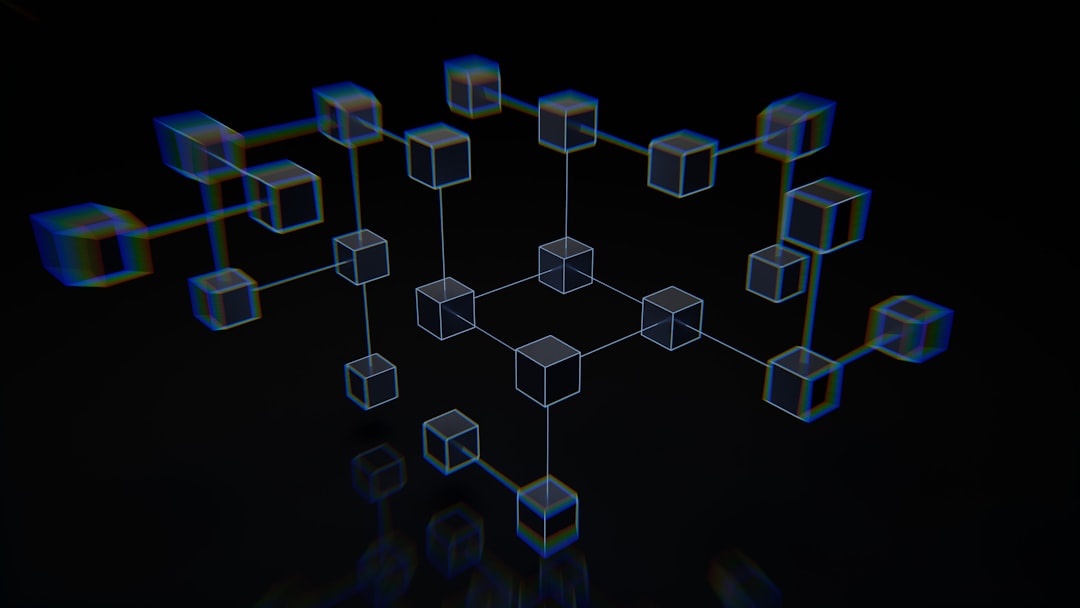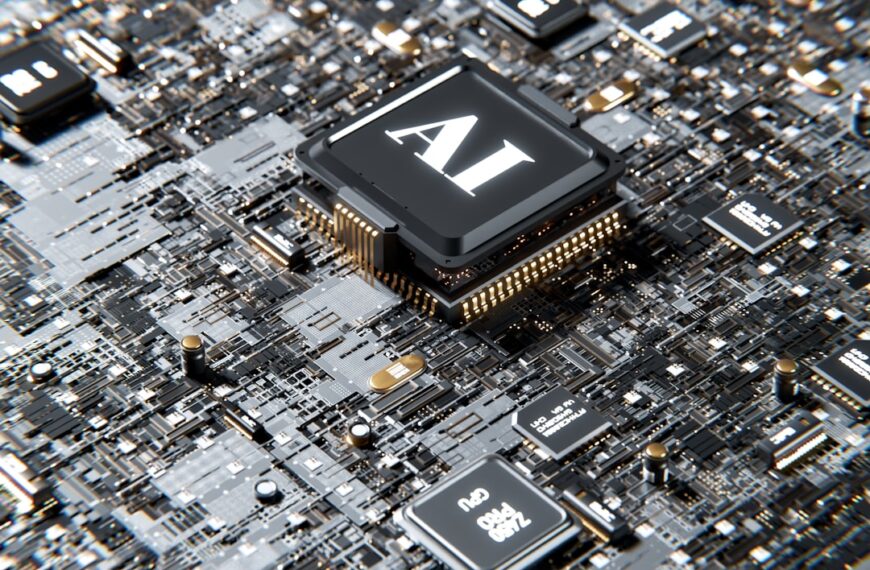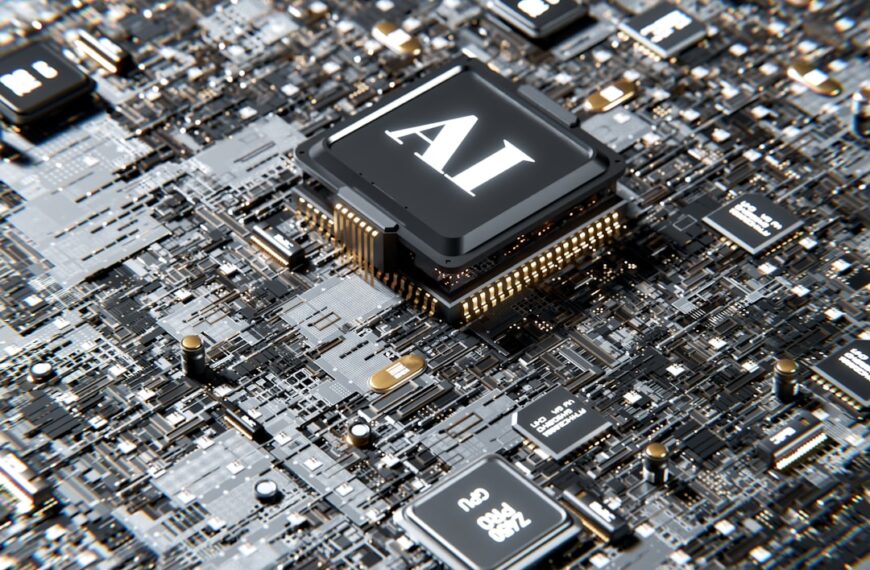The internet, once a revolutionary tool for communication and information sharing, is undergoing another seismic shift. This time, it’s not about faster speeds or more sophisticated search engines; it’s about a fundamental change in how we organize and govern ourselves online: the rise of Decentralized Autonomous Organizations, or DAOs. These self-governing entities, powered by blockchain technology, represent a silent revolution, slowly but surely reshaping the digital landscape and hinting at a decentralized future.
For years, centralized platforms dictated the rules of engagement online. Big tech companies controlled data, moderation, and ultimately, the user experience. This centralized model, while efficient in some ways, also brought significant drawbacks: censorship, data breaches, lack of transparency, and a concentration of power in the hands of a few. DAOs offer a powerful counter-narrative.
Built on the principles of transparency, community governance, and immutability, DAOs operate differently. Decisions are made not by a single CEO or board of directors, but by the community itself, typically through token-based voting systems. This means every member has a voice, proportional to their stake in the organization. This participatory model promotes inclusivity and fosters a sense of shared ownership.
The potential applications of DAOs are vast and constantly evolving. We’re already seeing them used in various sectors, including:
* Funding and Investment: DAOs are raising capital and investing in projects through decentralized funding mechanisms, bypassing traditional venture capital routes. This opens doors for projects that might otherwise struggle to secure funding.
* Content Creation and Sharing: DAOs are facilitating new models of content creation and distribution, offering creators more control over their work and revenue streams. This empowers creators and potentially mitigates issues of platform censorship.
* Governance and Decision-Making: DAOs are being explored as a means to improve transparency and accountability in various organizations, from non-profits to political groups. The inherent transparency of the blockchain provides an auditable trail of all decisions made.
* Supply Chain Management: DAOs offer a way to create more transparent and traceable supply chains, improving efficiency and accountability for businesses.
However, the DAO revolution is not without its challenges. Scalability, security, and regulatory uncertainty are all significant hurdles that need to be addressed. Furthermore, the technical expertise required to participate in some DAOs can be a barrier to entry for many.
Despite these challenges, the underlying philosophy of DAOs – a shift towards decentralized, community-driven governance – is undeniably compelling. The silent revolution is unfolding, gradually changing how we interact, organize, and govern ourselves online. While the full implications remain to be seen, the potential for a more democratic, transparent, and participatory digital world is undeniable. The future, increasingly, looks decentralized.









